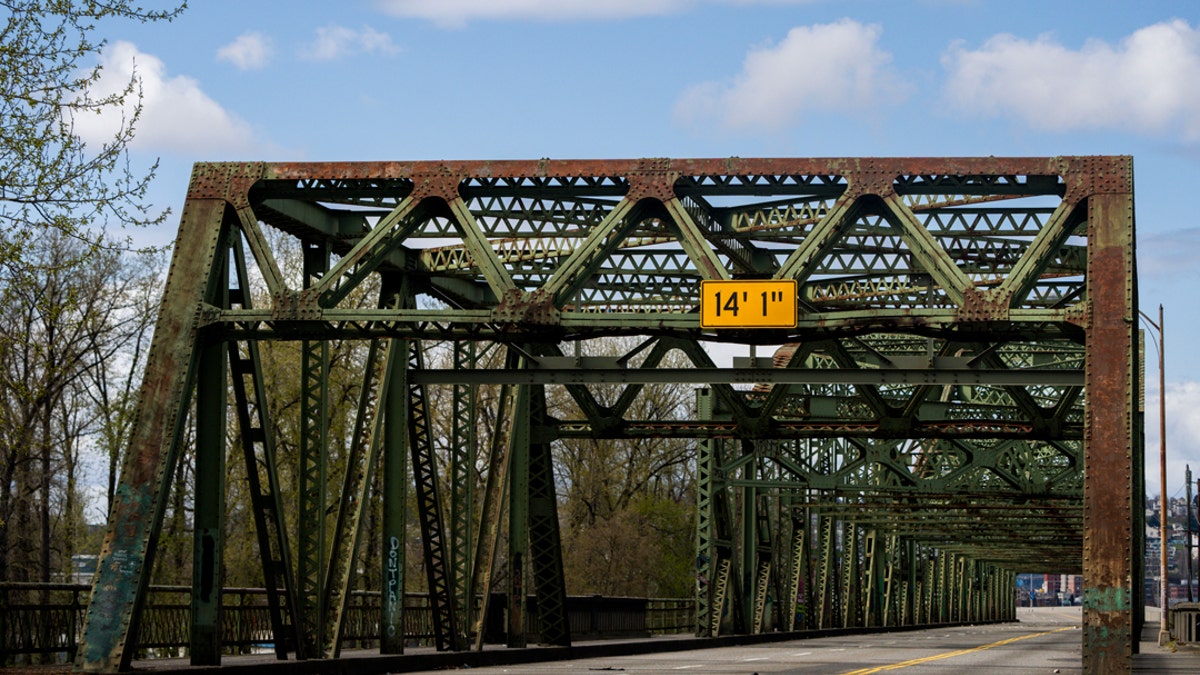Immediate demand to rebuild collapsed Baltimore bridge that took five years to build
Fox News senior congressional correspondent Chad Pergram reports on Capitol Hill’s brewing battle over the Maryland bridge funding.
Inspectors consider nearly 7% of the nation’s bridges to be in poor condition — around 42,400 — according to federal data from 2023. Deterioration, specifically problems affecting the piers and beams that keep a bridge upright, requires repairs that can cost millions of dollars and result in closures that affect commuters and small businesses.
Bridges fulfill a vital function that often goes overlooked until lives are lost or disrupted by a closure or collapse, like that of the Francis Scott Key Bridge in Baltimore early last Tuesday. That bridge crumpled when struck by a cargo ship, not because of poor maintenance. But thousands of others stand in worse shape.
The majority of bridges that were found to be in poor condition suffer from issues with the legs holding them up (the substructure) or arms supporting their load (the superstructure), according to the National Bridge Inventory
GOP SENATE CANDIDATE PUSHES REPUBLICANS TO REBUILD BALTIMORE BRIDGE
While nearly 16,000 of those bridges also were rated poor ten years ago, the overall percentage of bridges in poor condition has decreased about 22% over the last ten years. But federal transportation officials say a lot of work remains.

The Fishing Wars Memorial Bridge in Tacoma has been closed indefinitely since October 2023 over safety concerns. (AP Photo/Lindsey Wasson)
President Joe Biden's 2021 infrastructure law provided the largest dedicated bridge investment since the construction of the interstate highway system began nearly 70 years ago. But the $40 billion allocated for bridges is only a fraction of the $319 billion needed to make repairs nationwide, according to estimates from the American Road & Transportation Builders Association.










































